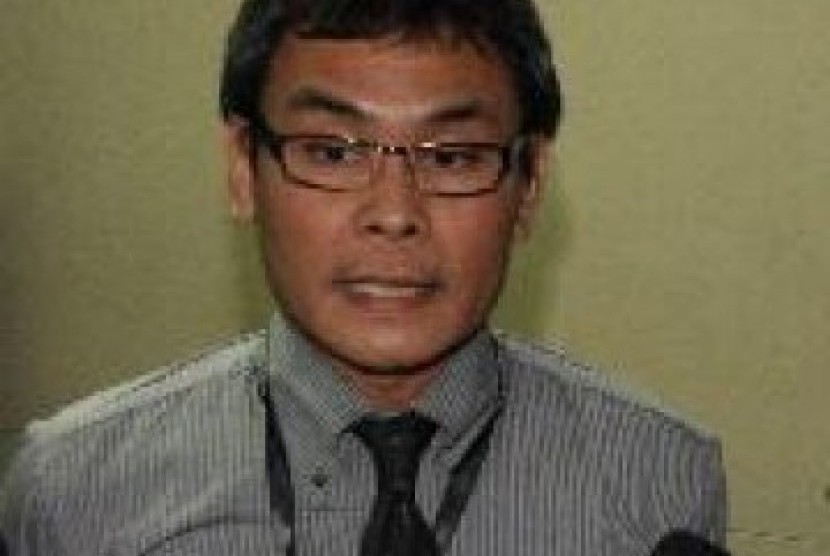REPUBLIKA.CO.ID, JAKARTA -- Presidential special staff for communications Johan Budi SP said President Joko Widodo remains unchanged in his position that revision of the law on Corruption Eradication Commission (KPK) should give greater strength to the anti graft agency.
"The president is consistent that revision should be designed to strengthen the agency and the drive against corruption," Johan Budi said.
The president would not consider taking part in the process of revision if it would weaken KPK, he said here on Wednesday.
The president also would evaluate the position of the government on the revision, in which the initiative has been taken over by the Parliament from the government, he added.
He said the president would evaluate the plan to revise the KPK law after his return from the United States visit or after there has been Parliament decision on the draft revision.
Jokowi is in the United States to attend a U.S. ASEAN summit conference.
The president "is very firm" in his position that the revision is not to weaken KPK, Johan Budi said.
He said the president seriously considered the public resistance to the motion to revise the KPK law.
The move to revise the KPK law has has been widely rejected as it is considered to weaken the fight against rampant corruption in the country.
"The president is only concerned , first, with the public interest and second with giving greater strength to KPK," he said.
He cited a number of points in the draft revision that are "clearly" would weaken the drive against corruption.
Limiting the life of KPK for 12 years clearly would weaken the fight against corruption, stripping KPK of its prosecution power and restricting its tapping authority would clearly weaken the agency, he said.
"In the perspective of the president, that all is a move to weaken KPK," he added.
The KPK leaders also have expressed strong opposition to the draft revision.
Deputy chairman of KPK Laode M Syarif said most or more than 90 percent of the draft revision is not to strengthen KPK.
There are at least four of 47 chapters in the draft revision have drawn strong public rejection including limitation of corruption cases allowed to be handled by KPK, restriction of its tapping authority, a watchdog body to control KPK, and the point allowing KPK to drop corruption cases, Laode said.
The addition authority to drop cases is potential to be misused, he said.


